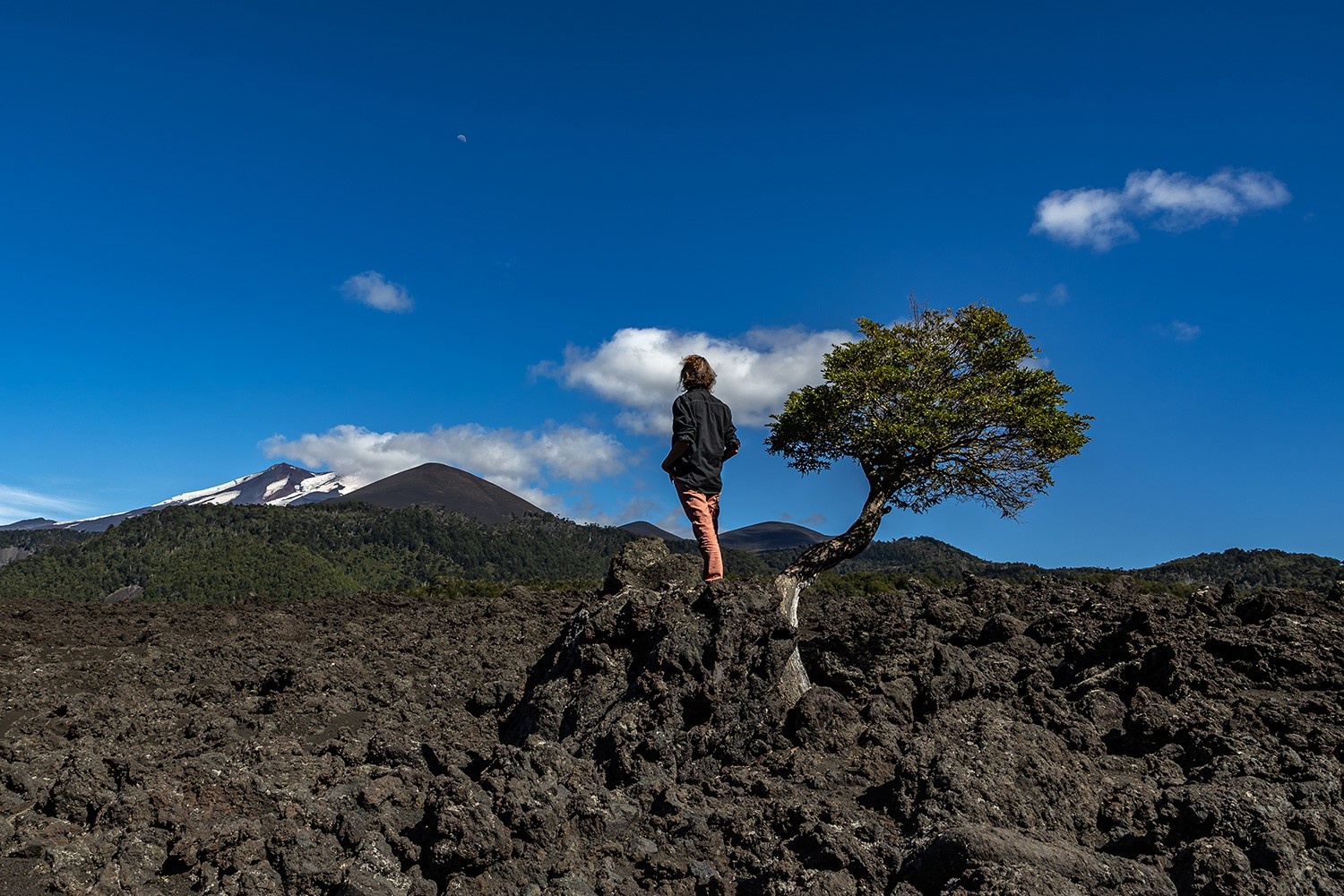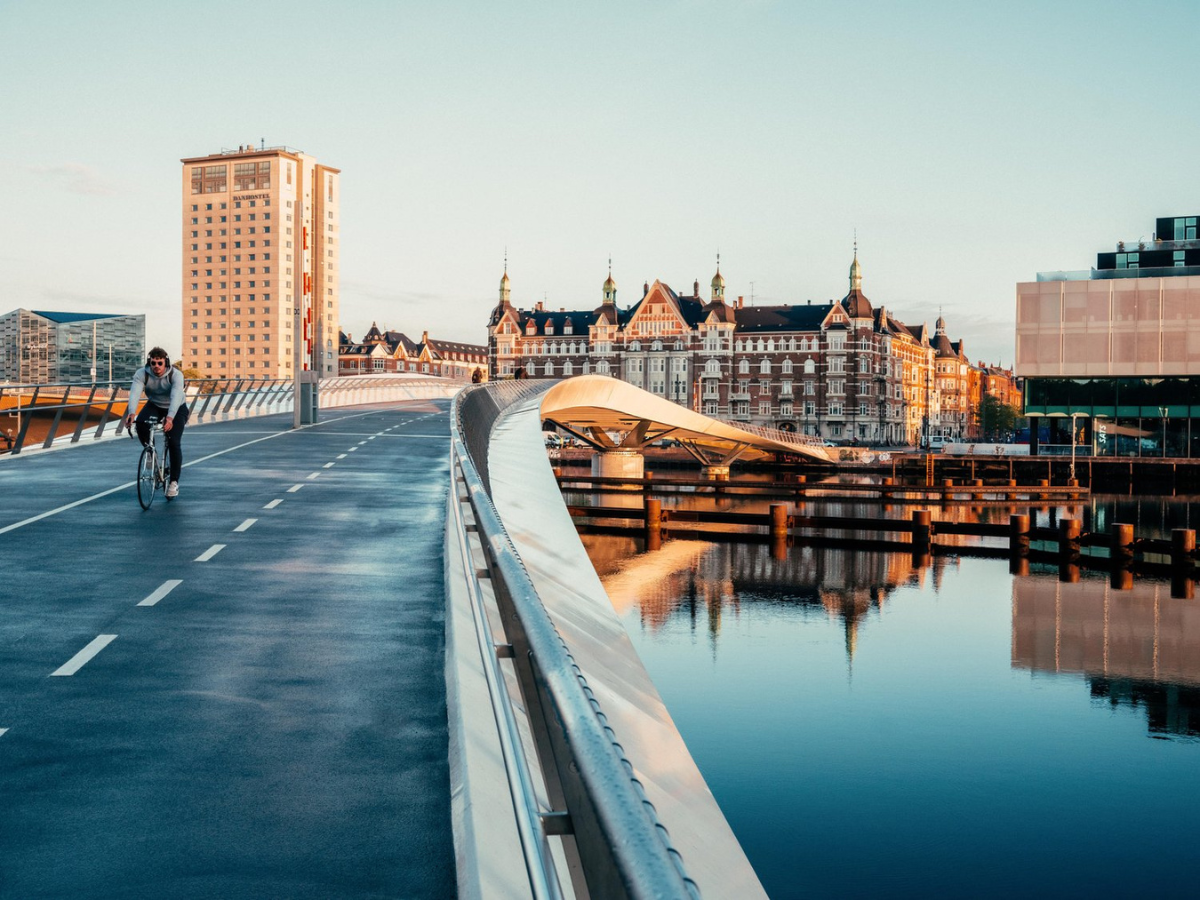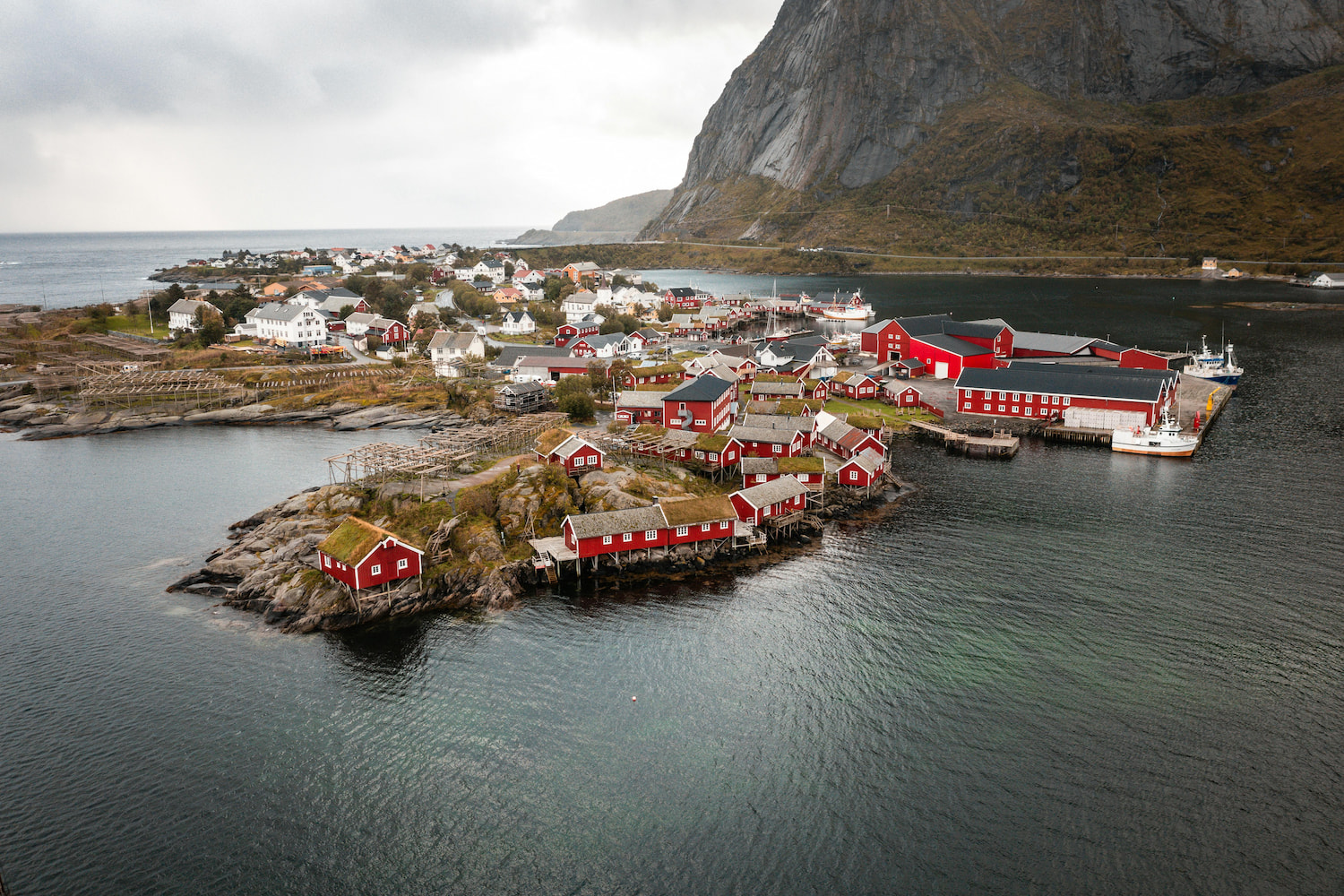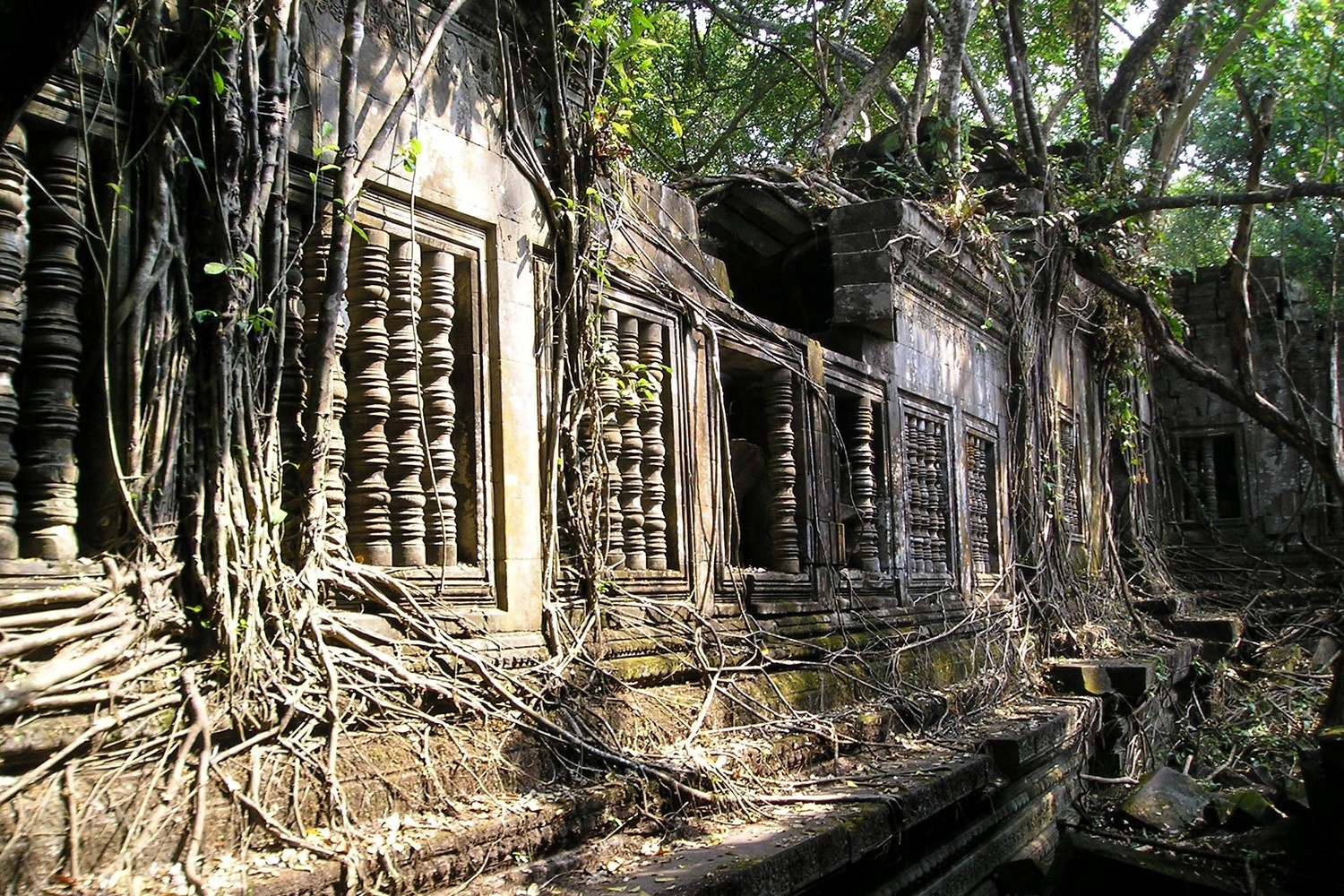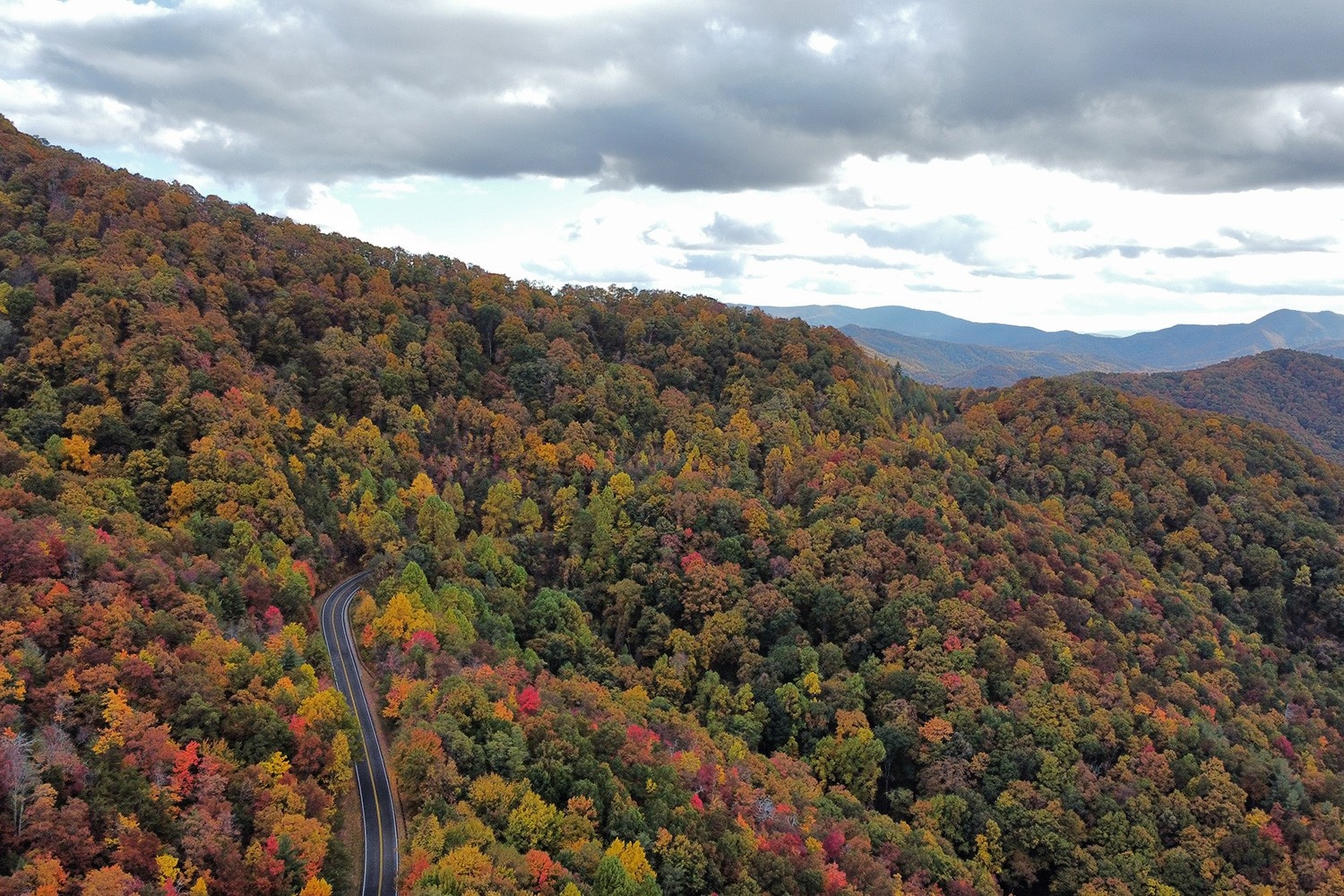NORTH STARS:
Wildlife Ecosystems
Gender Equality
Energy Efficiency
“Surrounded by lush palm islands overlooking a seasonal lagoon, Atzaró Okavango can best be described as eco-conscious decadence”
As the helicopter lifts to leave the bustling little airport of Maun, buildings, homes, and shacks give way to a patchwork of scrub, cattle kraals, and dried up waterholes. Flying over the Buffalo Fence, a barrier built in the 1980s to keep buffalo away from domestic cattle, the landscape morphs. Game footpaths and animal highways appear, pods of hippos glide in the waterways below,, and the bright blues and greens of the Okavango emerge. Soon, the outline of a lodge takes shape and as the helicopter descends towards the earth
Surrounded by lush palm islands overlooking a seasonal lagoon, Atzaró Okavango can best be described as eco-conscious decadence. A few years ago, that phrase might ring as an oxymoron, but with the advances in remote location infrastructure that account for energy, waste, water, and carbon footprint management, as well as community-minded tourism, lodges like Atzaró Okavango not only exist, but are popping up around the world.
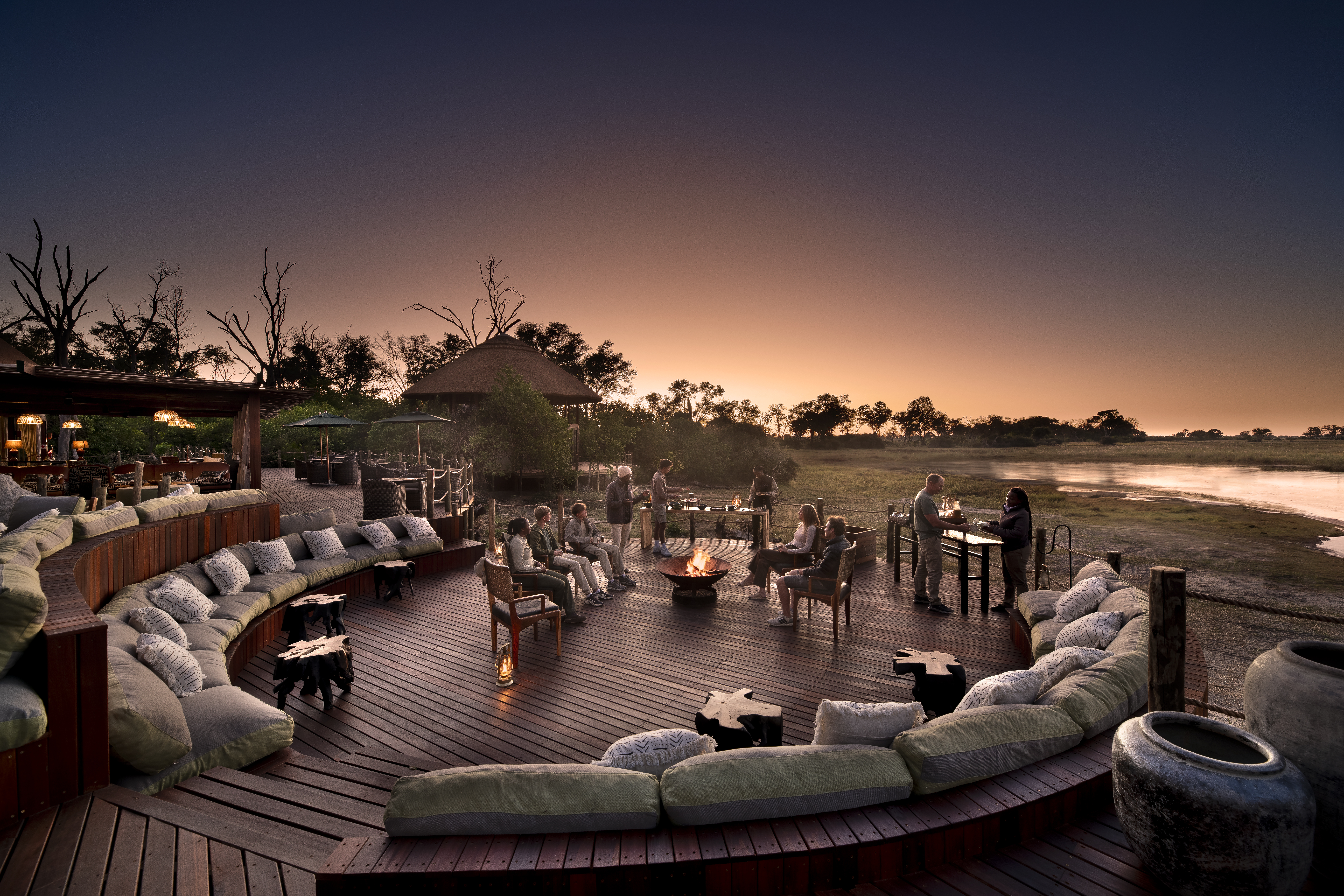
Camp firepit. Courtesy of Atzaró.
Those with the financial privilege to alight on this boutique property will discover eight palatial tented rooms. All feature air conditioning and fans with gauzy mosquito nets draped romantically around beds.
Each tent has a private deck with a shaded spot for afternoon lounging by the plunge pool. Bathrooms feature indoor and outdoor showers and not one but two tubs. One could spot a giraffe nosing in the tree canopies from the comfort of a bubble bath.
Sumptuous touches extend well beyond the guest rooms. The main thatched lodge features vaulted ceilings and a spacious open lounge decorated with antiques, leather chesterfield sofas, and traditional kuba (mud) cloths embellished with embroidery, applique, and patchwork. A bar, detailed with wood, velvet, and cut-glass invites guests for a drink at dusk to commune over tales of sightings. Sunken seating around an outdoor fire pit spoils with a view of the lagoon.
When not photographing the Big Five, eating and drinking serve as the primary rituals of camp life. Wine drinkers will appreciate the extensive list run by a dedicated sommelier. Other drinking options abound, from high-tea at the observation deck, pre-dinner drinks at the bar, to post-repast tipples by the fire pit beneath the glittering galaxy. The wilderness supplies the soundtrack, a chorus of insects punctuated by the grunt of hippos splashing in the watering hole.
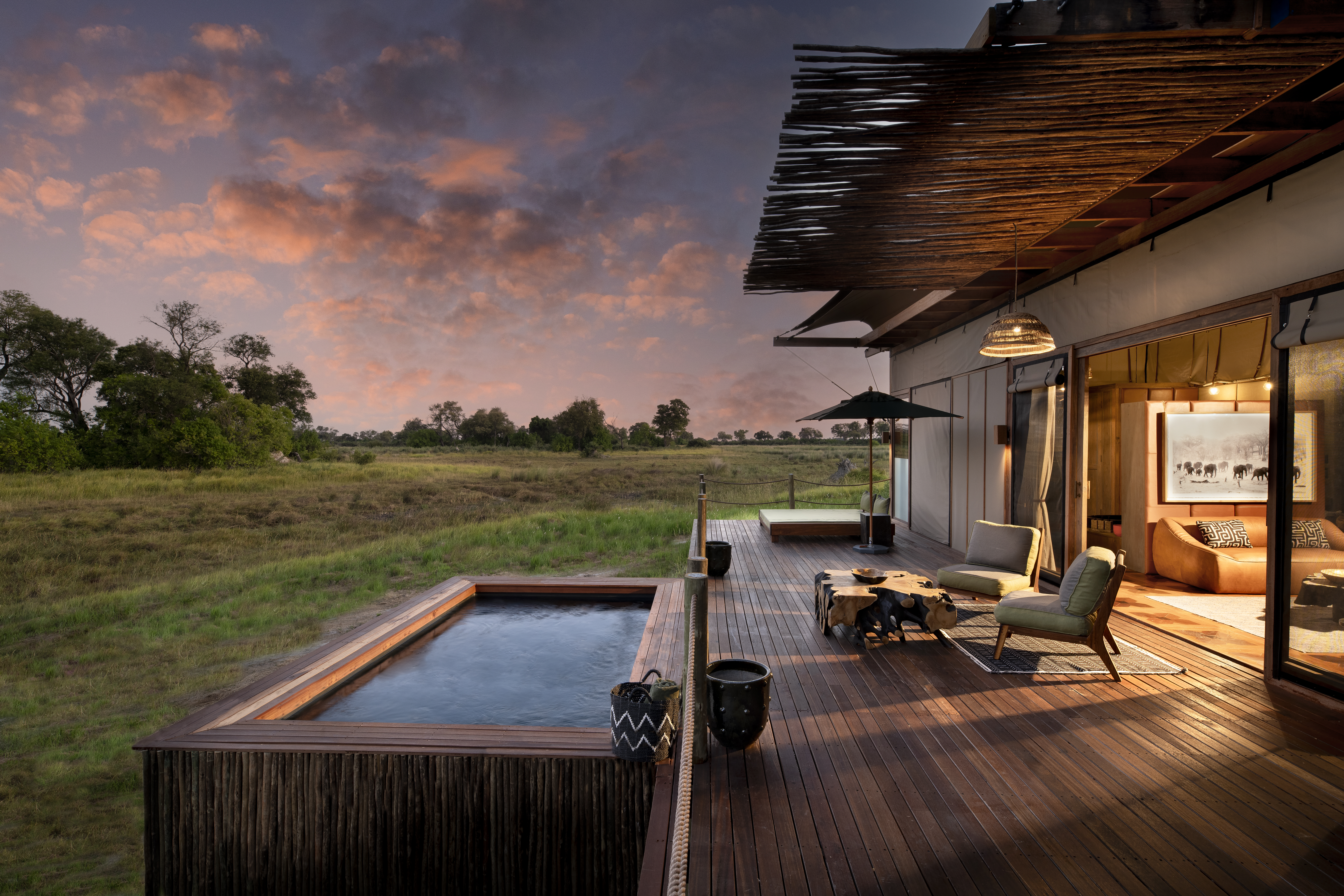
Pool at a villa. Courtesy of Atzaró.
Guests can take meals in a few spots, including an artfully thatched, traditional boma reminiscent of a bird’s nest. This setting lends a rustic alternative to dinner in the primary dining area. The main lodge does double duty as both a relaxation area in the afternoon – bring a book– and a ‘living museum’ filled with traditional artworks collected from around the continent. Guests who take a shine to a particular piece can purchase a replica commissioned by the resort in the gift shop.
While Atzaró takes glamor in the wild to an artful level, the camp hasn’t strayed from its founding principles. For example, builders utilized upcycled and recycled materials in construction, while solar panels fuel lights and other energy needs including the gym, pool, and wellness spa.
One cheetah pounced towards the animals, eyeing the piglet for a snack. The other four bounded to their feet, spreading out to flank the family. Breaking into a run, the first cat closed in on the baby. We watched, collectively holding our breath.
Yet, the warthogs stood their ground, then raced towards the approaching cat, irate and snorting. The cheetah skid to a halt in a cloud of dust, turned its tail, and split off in the opposite direction, the warthogs in hot pursuit. Once the situation felt safe, they returned victorious to gather their baby as the remainder of the cats slinked off.
In addition to game drives, the resort offers walking safaris (with an armed guide) and birdwatching. Seasonal water levels provide opportunities for boat trips and sunset cruises, catch-and-release fishing, and the slow gentle ride of a mokoro (dugout canoe) trip. All activities are offered on a private basis, so guests can enjoy a rare sense of solitude.
About the Okavango Delta
The Okavango River annually discharges 11 cubic miles of water into the dry sands of the Kalahari, creating one of the largest wetlands in the world. A maze of around 10,000 miles of waterways, lagoons, shallow channels, reed islands, and grassy floodplains, the Delta houses vast concentrations of wildlife with over 1,000 species of plants, more than 480 species of birds, 130 species of mammals, and numerous species of reptiles and fish. Officially declared UNESCO’s 1,000th World Heritage Site and one of the Seven Natural Wonders of Africa, the Delta is one of the most biodiverse wetlands in the world and undeniably Botswana’s emerald crown jewel.
Rates
Tented Rooms start at $690 (R12,000) per person, per night, on a fully inclusive basis. Family Villas start from $3,450 (R63,000) per villa, per night, on a fully inclusive basis.
Rates include accommodation, all meals, alcoholic and non-alcoholic beverages (except premium imported spirits and champagne), laundry, morning, afternoon & night game drives, walking safaris and mokoro safaris (subject to water levels).
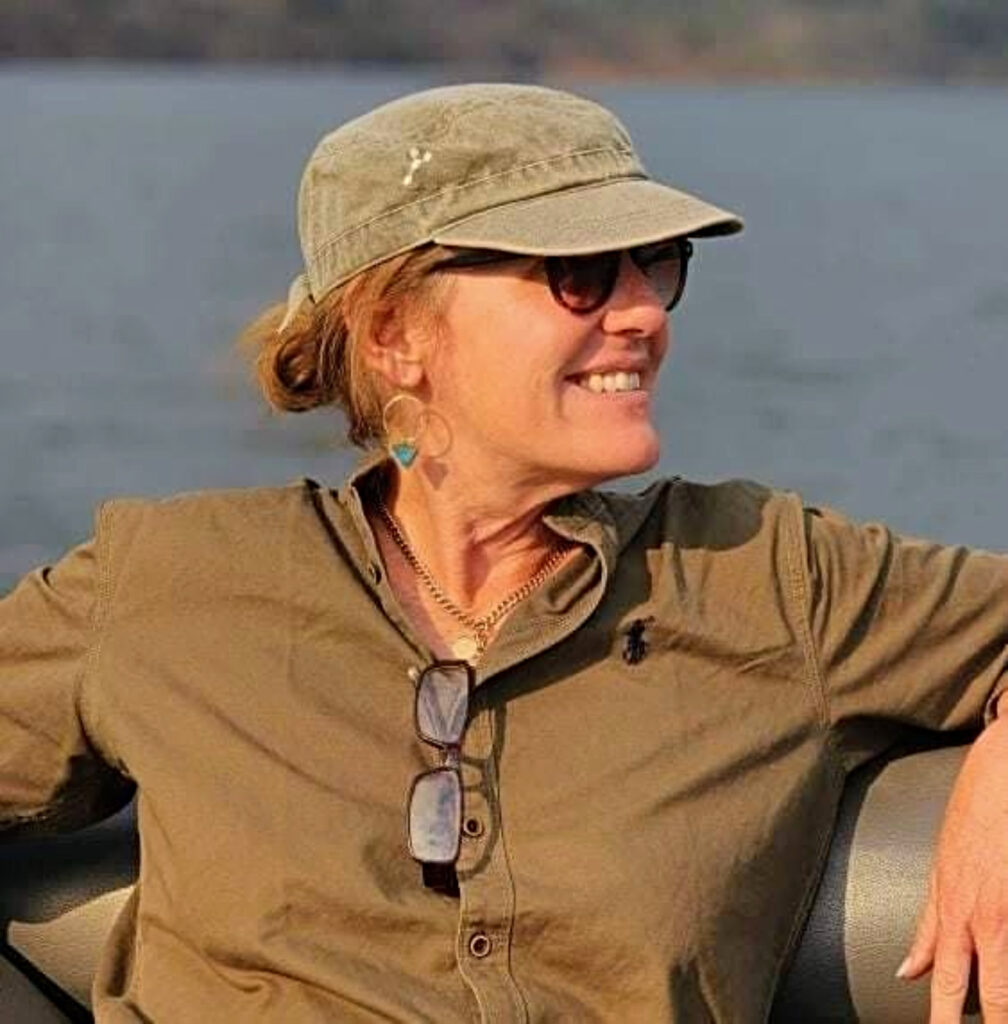
Travel writer, mountain guide, yoga teacher, trail runner and mother, Sarah Kingdom was born and brought up in Sydney, Australia. Coming to Africa at 21 she fell in love with the continent and stayed. Sarah guides on Kilimanjaro several times a year, and has lost count of how many times she has stood on the roof of Africa. She has climbed and guided around the world and now spends most of her time visiting remote places in Africa. When she is not traveling she runs a cattle ranch in Zambia with her husband. Follow Sarah on IG @sarah_kingdom_travels.
North Stars: Energy Efficiency, Gender Equality, Wildlife Ecosystems


